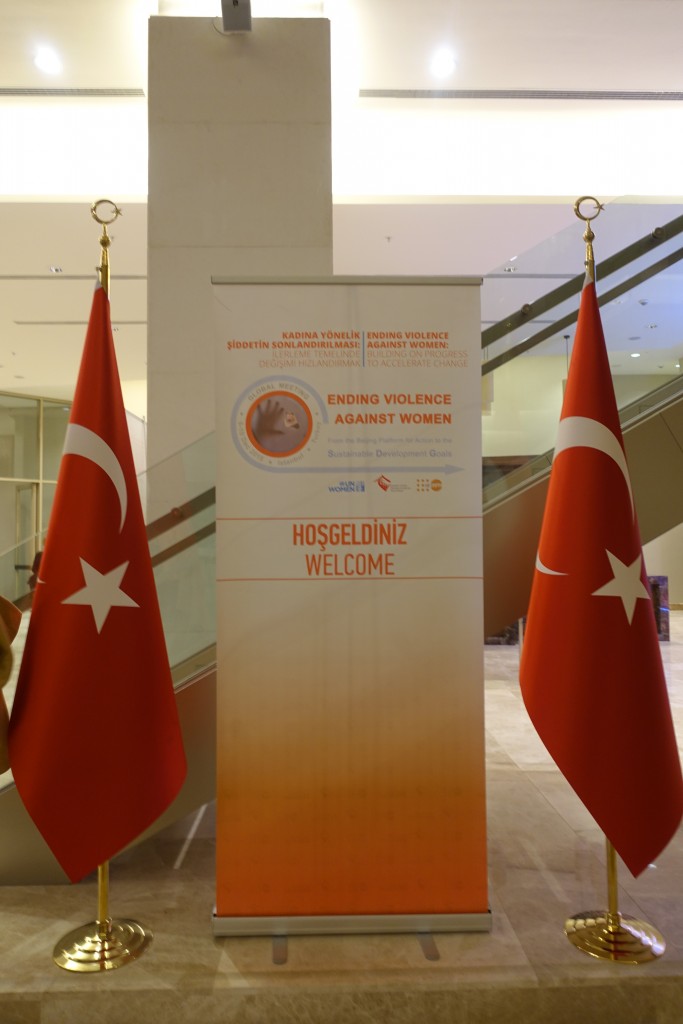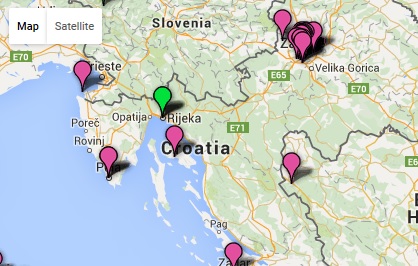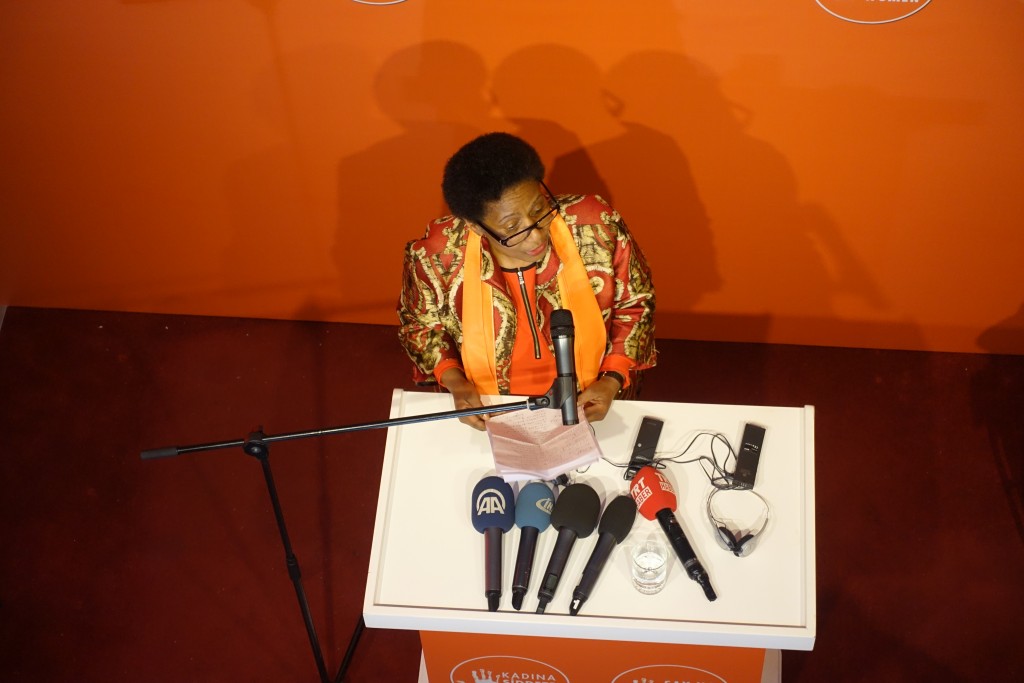Meghna Bhat, Chicago, USA, SSH Blog Correspondent
A few months ago, I came across Emma Watson’s brave efforts to promote gender equality. Her interview with Malala Yousafzai highlighted the need to address feminism and how this movement should include men as allies. As Watson correctly pointed out, “Let’s not make it scary to say you’re a feminist. I want to make it a welcoming and inclusive movement. Let’s join our hands and move together so we can make real change. Malala and I are pretty serious about it but we need you.”
It’s our collective responsibility, especially male allies, to create awareness about gender violence, prevent and intervene this vicious cycle.
My experiences growing up with positive male role models/allies and Watson’s message resonates with the research and advocacy of Dr. Jackson Katz. He is an educator, author, filmmaker and cultural theorist who is a pioneer in the fields of gender violence prevention education and media literacy. His 2013 speech on TED talk titled, “Violence against women—it’s a men’s issue” showed that domestic violence and sexual abuse, which are often labeled as “women’s issues,” are often “intrinsically men’s issues” and he “shows how these violent behaviors are tied to definitions of manhood.”
According to a report by the New York State Department of Health, research has consistently shown that a majority of men are conflicted about violence against women. Most of these men may not even “recognize when it is happening nor know how to stop it”. Another factor that can make men defensive and doubtful of participating in the efforts to end gender violence is “treating [or stereotyping] males as potential perpetrators.”
There are many social service agencies and organizations promoting and practicing this model of engaging men as allies to prevent and intervene gender-violence. Have you watched the powerful documentary “The Mask You Live In” by The Representation Project? I highly recommend it. I have found this film to be educating, inspiring and an eye-opening experience that needs to be screened to our children and youth.
This film focuses on boys’ and young men’s struggle to stay true to themselves while negotiating America’s narrow definition of masculinity. Young children, especially boys, need to feel safe to be themselves and express their emotions without the fear of being bullied, labeled, mocked, or rejected by other children and adults. They must not feel pressured to fit within the problematic binary roles or other rigid frameworks of masculinity our society expects them to claim.
If you need further details of how these programs and agencies implement this model of engaging male allies or men as partners in combating gender violence, I have listed a few of the examples and resources that I have come across and found to be useful (including as teaching resources):
- Mentors in Violence Prevention: A program intended to create public awareness about men’s violence against women, challenge how the mainstream society thinks, and initiating community dialogues between men and women to identify long-term tangible options.
- Coaching Boys into Men: The only evidence-based prevention program designed to train high school coaches to teach their male athletes healthy relationship skills and that “violence never equals strength.”
- Men as Partners: At EngenderHealth, this program includes working with “men to play constructive roles in promoting gender equity and health in their families and communities”. Through their interactive skills -building workshops and enhanced health care facilities among other services, they strive to confront negative stereotypes about being men and provide men with quality care.
- Men Can Stop Rape: Works towards mobilizing men for creating cultures free from violence, especially men’s violence against women through their strengths and sustainable initiatives.
- Movement against Sexual Violence: At the University of Illinois at Chicago, I am fortunate to have colleagues who represent and lead the Men against Sexual Violence, now called as the Movement against Sexual Violence. This student group aims to engage and involve people, especially male-identified allies to join in the fight against sexual violence. Through their workshops such as ‘Reimagining Masculinity’ and events, they encourage us to challenge the negative stereotypes and images of gender roles. Although I haven’t got an opportunity to attend these events myself, I am looking forward to being a part of these important and powerful dialogues and community conversations next semester!
Dr. Katz calls out to all men and women to stand up and advocate for changes to end violence against women. He further raises these very critical questions that we all need to think about:
“How can we do something differently? How can we change the practices? How can we change the socialization of boys and the definitions of manhood that lead to these current outcomes? These are the kind of questions that we need to be asking and the kind of work that we need to be doing?”
If you want more ideas for what men can do to prevent gender violence, click here.
Meghna is a doctoral candidate in the Criminology, Law, and Justice program at the University of Illinois at Chicago, with a specialization in Gender and Women Studies. She is currently working on her dissertation, which focuses on representations of violence against women in a widely viewed form of Indian popular culture, Bollywood cinema.





